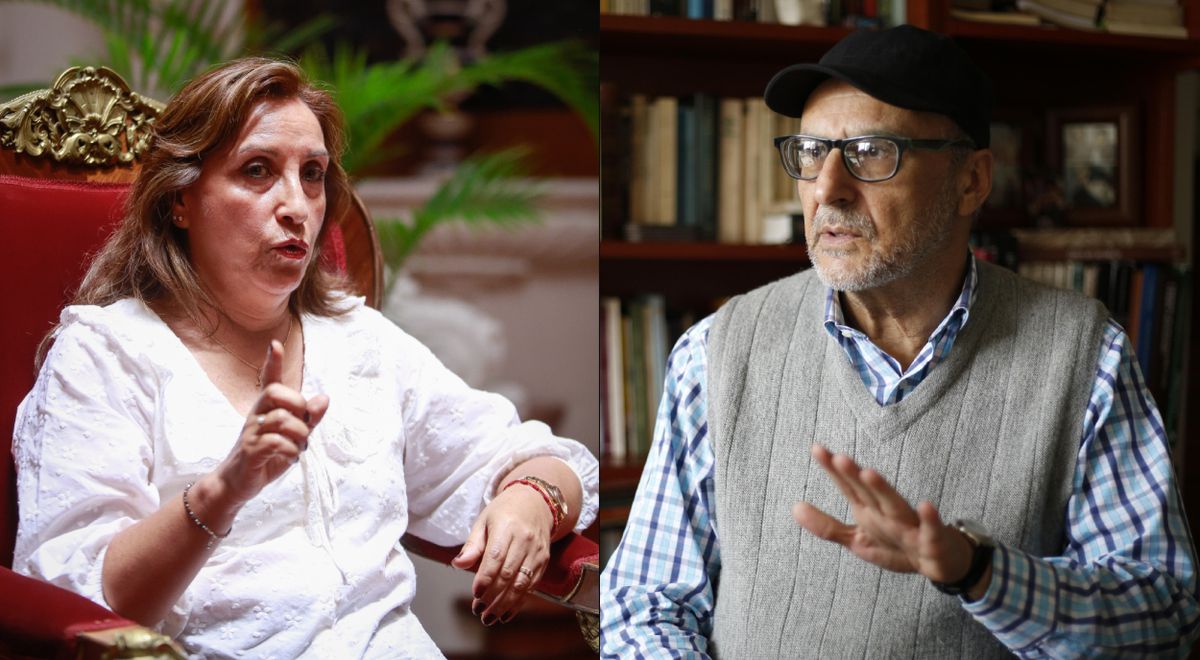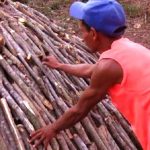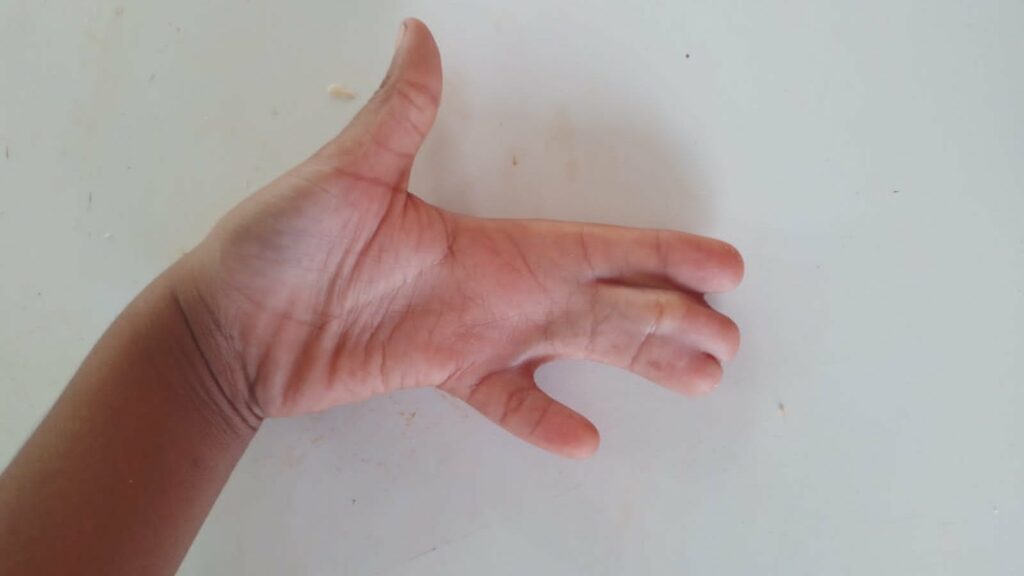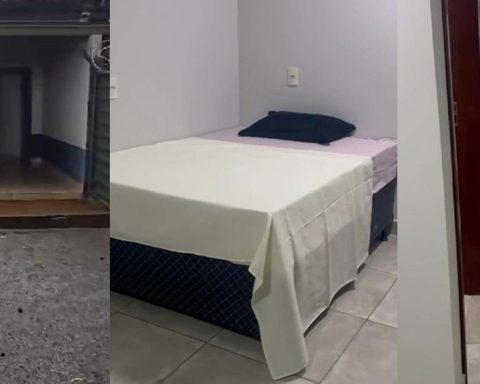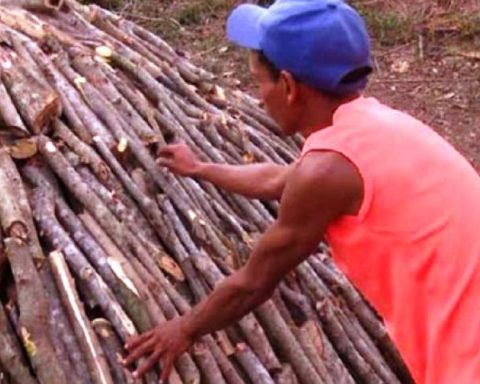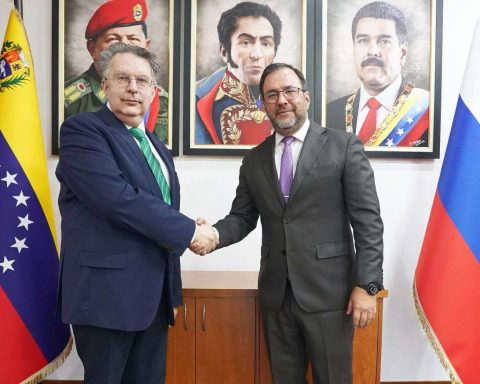Opinion. The principal investigator of the Institute of Peruvian Studies (IEP) Antonio Zapata wrote a column for this media titled “The fifth, Do not kill!”, in which he warned of the danger of omitting dialogue as a means of meeting. The historian thinks that the country governed by Dina Boluarte, Alberto Otárola and the Congress it could fall “into authoritarianism born of a bloodbath”.
Their arguments are that, first, the president “He allowed himself to be captured by the right” parliamentary and “has dedicated himself to executing his wildest plans”. Despite the fact that she is now “in hiding”, she “is politically responsible for the massacre these days”.
Second, the prime minister “will has bought the strategy of the greens and only repression is in mind. He clings to power regardless of the cost in human lives of his strategy.”
Third, “the majority of Congress is absurd.” Zapata cited January 10, the day on which the Plenary granted the investiture to the ministers and shielded and then backed down the congressman accused of rape, Freddy Diaz, to write that for this reason “people despise them and lack legitimacy”. The historian argued that “they are a danger to democracy and the best thing would be for them to leave, which can only be achieved through general elections.”
country diagnosis
For the IEP scholar, Both the Government and Congress “ignore the effect produced by repression and legal arbitrariness. People get fired up and anger turns into violence.” He recalled that this “is not the first time. On the contrary, our history is full of social explosions like the one these days. They do not need to look for external agitators. It is not Evo Morales or Bolivian agents. It’s the bullets and the abuse of Congress.”
Regarding the talks between the parties, Zapata regretted that “bridges have been broken”. “No one is going to talk with Boluarte and at the same time his government maintains that there are no valid interlocutors among the protesters,” he wrote. If no way out could be unleashed an even more violent scenario.
Using his historiographical studies, he noticed that “Revolutions and also counterrevolutions begin after a situation like the current Peruvian one occurs.”
